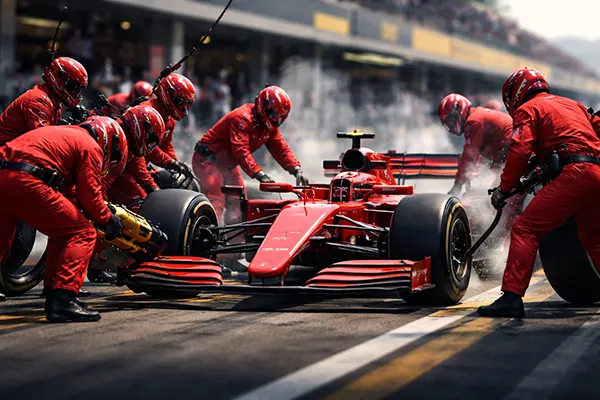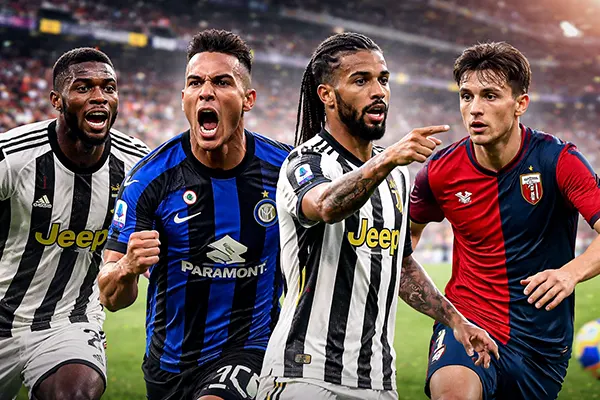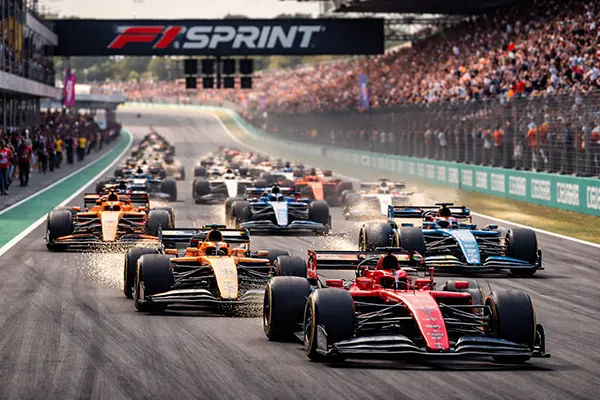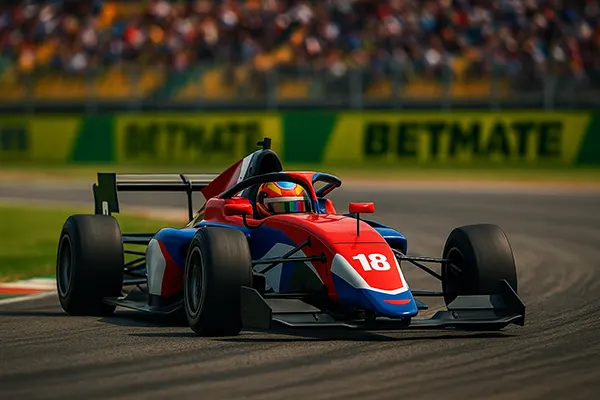
How Gambling Companies Sponsor Youth Motorsport Series: Benefits and Drawbacks
In recent years, the presence of gambling companies in motorsport has expanded significantly, extending even into youth and feeder series such as Formula 3, Formula 2, and national karting championships. With the goal of increasing brand visibility and reaching younger demographics, these companies invest heavily in sponsorship deals. While this brings financial stability and opportunities to budding talents, it also raises ethical concerns regarding exposure to gambling at an early age. As of February 2025, this topic remains a subject of heated debate among sports regulators, educational institutions, and public health advocates.
Financial Backbone of Grassroots Motorsport
Youth motorsport is notoriously expensive. Participation in Formula 4 or karting series can cost families anywhere from £100,000 to £500,000 annually. Without sponsorship, many talented young drivers would be forced to abandon their dreams. Gambling companies have stepped in to fill the funding void, offering team sponsorships, individual driver deals, and branding support for entire championships. These deals not only provide essential financial relief but also bring professional structure and marketing to junior racing.
For example, in 2024, BetDrive became a headline sponsor of the UK Karting Championship, increasing its media coverage and prize pool. This helped elevate the status of the competition, attracting scouts from major racing teams. For the athletes, such exposure is invaluable in building a career path to higher tiers of motorsport.
Additionally, gambling company backing often comes with high-quality promotional materials, media training, and social media support for young racers. These benefits play a crucial role in developing the next generation of motorsport professionals, both on and off the track.
Risks of Normalising Gambling at an Early Age
Despite the financial advantages, the involvement of gambling sponsors in youth sports raises ethical alarms. Studies by the UK Gambling Commission and Public Health England have consistently shown a correlation between early exposure to gambling advertisements and increased risk of problem gambling in adolescence. Critics argue that placing betting logos on youth vehicles, kits, and live-streamed content implicitly normalises gambling as a part of sport.
In 2024, the British Parliament reviewed multiple complaints regarding gambling branding in junior racing streams watched by underage audiences. Some youth-focused motorsport events still lack strict ad filters, and as a result, children and teens can be directly targeted by gambling promotions, whether passively or intentionally.
Moreover, there is a growing concern that this sponsorship model sends conflicting messages. While educational institutions promote responsible decision-making and anti-addiction campaigns, young athletes may be indirectly endorsing a vice that contradicts those values.
Regulatory Response and Frameworks
In light of increasing public pressure, several regulatory bodies are re-evaluating the extent to which gambling companies should be allowed in youth-oriented motorsport. The Fédération Internationale de l’Automobile (FIA) introduced new sponsorship guidelines in January 2025, recommending that gambling logos not be placed on vehicles or clothing worn by minors under 18.
These recommendations, while not yet binding, reflect a broader shift towards more ethical sponsorship practices. National sporting associations such as Motorsport UK and Germany’s DMSB have already adopted similar stances, pushing teams to seek alternative funding from tech, automotive, or renewable energy sectors.
Countries like Italy and Spain have implemented advertising bans that extend to digital and televised content. As a result, gambling brands have started sponsoring team operations behind the scenes—funding engineering staff or simulator facilities—without public-facing promotion.
Adaptation by Gambling Companies
Notably, several gambling companies are proactively adapting their strategies. Instead of overt branding, they now invest in safety campaigns, mental health initiatives, or scholarships under a separate foundation name. This approach helps them retain a presence while aligning with corporate social responsibility goals.
For instance, FastBet Foundation, associated with a leading sportsbook, funds safety workshops for youth drivers across Europe without displaying any betting logos. Their campaigns are geared towards education and skill development, a step that earns cautious approval from critics and parents alike.
These adaptations show that there is a middle ground where financial support and social accountability can coexist, though careful oversight remains necessary to prevent exploitative marketing practices.
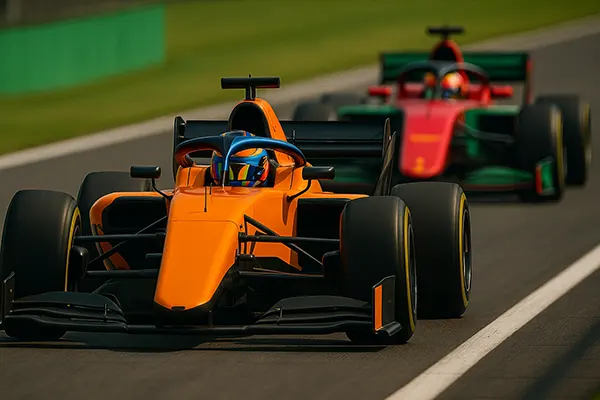
Public Opinion and Future Outlook
Public opinion remains divided. Surveys conducted in early 2025 by Ipsos UK show that 52% of respondents believe gambling sponsors should be banned from youth sports entirely, while 35% support conditional sponsorship with stricter controls. Only 13% believe there should be no restrictions at all.
Professional athletes and influencers within the motorsport community are increasingly vocal on this issue. Some former drivers, such as George Russell and Jamie Chadwick, have called for a global standard that separates gambling promotions from junior categories entirely. Meanwhile, team managers are urging policymakers not to overlook the economic realities of racing.
Ultimately, the future of gambling sponsorship in youth motorsport depends on finding a sustainable balance. Greater transparency, more stringent ad targeting rules, and increased investment from alternative sponsors may gradually reduce dependence on gambling firms while keeping young talents on track—literally and figuratively.
Potential Alternatives and Solutions
One promising direction is the promotion of STEM-based sponsorships. Tech companies, engineering firms, and educational institutions are increasingly interested in associating with motorsport due to its innovation-driven nature. These entities provide both funding and educational pathways for young drivers.
Government grants and motorsport development funds are another alternative. In 2024, the UK’s Department for Digital, Culture, Media and Sport allocated £2.5 million to grassroots motorsport, aiming to reduce reliance on controversial sponsors. While this is a modest amount, it sets a precedent for future public-private collaboration.
Non-profit organisations and fan-driven crowdfunding models are also emerging as viable supplements. Though not as lucrative as corporate deals, they offer a transparent and ethical model that prioritises talent and inclusivity over brand agendas.

